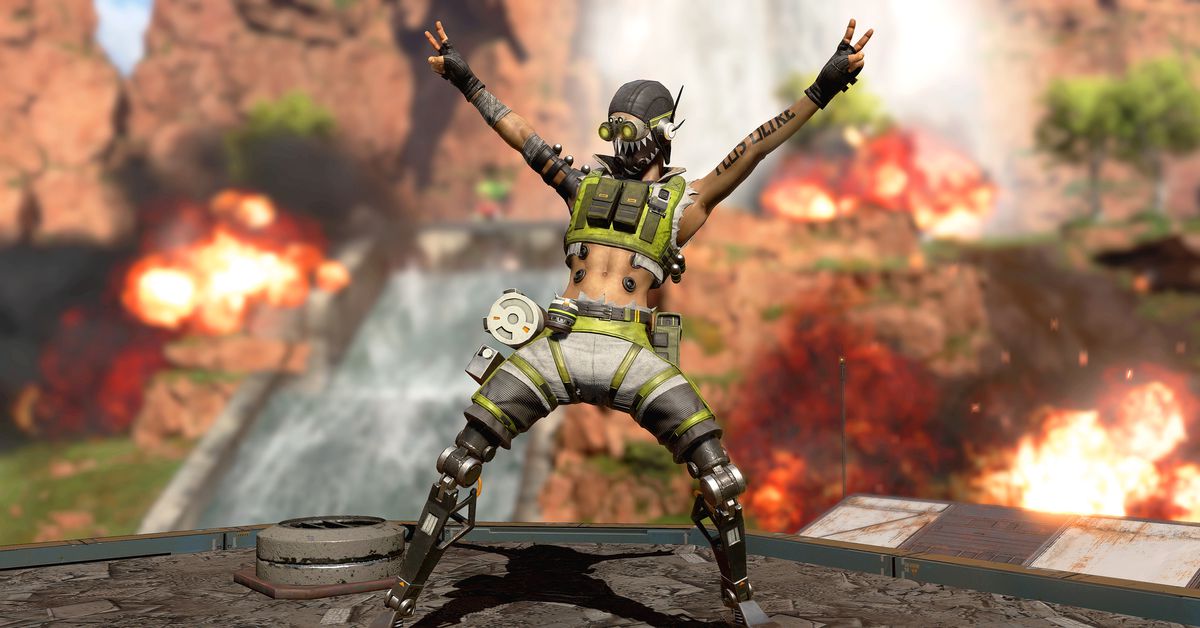

What really sold God of War, though, was its production values. It was a solid arc, competently told, with a hero who was at once repellant and sympathetic. His quest was interspersed with flashbacks to his sordid past, which offered context for his pain and anger, as well as his desire for revenge. His arc in the first game followed a pseudo-heroic journey as Kratos sought the power to defeat Ares, found himself thrown into the underworld, and eventually emerged to claim victory.

There was no question that Kratos was an awful person - one of the first things you seem do is throw a helpless enemy begging for his life down the gullet of a dead hydra - but it was also easy to sympathize with his quest for absolution from his sins. As God of War revealed, Kratos was a successful Spartan captain who sold his soul to avoid death, only to be tricked into killing his family by Ares, his master. The Kratos of the original God of War was not the bloodthirsty psychopath that he would become in later games. But it had not always been this way, Kratos had once been a champion of the Gods." After ten years of suffering, ten years of endless nightmares, it would finally come to an end. The original story opens with a marvelous hook, with a fearsome warrior throwing himself from a cliff as the narrator intones, "And Kratos cast himself from the highest mountain in all of Greece. In the midst of all this, God of War appeared with a story that could appropriately be called "cinematic" in its structure and scope. There was a sense that games had arrived, that the medium had matured to the point that the narratives could match the technology. With technology rapidly improving, developers like Kojima Productions (Metal Gear Solid 3), Valve (Half-Life 2), and Rockstar Games (Grand Theft Auto: San Andreas) stretched their legs and began tackling more ambitious stories. It arrived in a rich period for video game narratives. It was narratively ambitious, mixing striking imagery and dark humor with flashbacks that leant context to Kratos' quest for revenge. It's easy to forget how impressive the original God of War was back in the day.
#Kratos god of war 3 series
With yesterday (March 22nd) being the 10th anniversary of the original game's release in North America, it's tough to shake the sense that the series has run its course, what with Kratos rampaging through the entire Greek pantheon.īut is there really nowhere left for God of War to go? And more importantly, what happened to knock Kratos from gaming's Mt. God of War: Ascension, the last major release in the series, managed to move a mere 360,000 copies at launch - a steep decline compared to the more than 1 million copies of God of War 3 sold at launch. Today, God of War is mostly an afterthought. After years of trying, they finally had a character who could stand toe-to-toe with Mario and Master Chief.įunny how things change. Sony hadn't exactly suffered for the lack of a mascot to that point, but they neverthless welcomed Kratos with open arms. Games had grown up, even if they hadn't necessarily matured, and Kratos' snarling visage was the face of that change. The Ghost of Sparta epitomized the end of the PlayStation 2 period, which saw the rise of AAA development as we know it today. Warning: This article contains spoilers for the numbered God of War games.įor a brief time in the mid-2000s, Kratos was everything Sony had ever wanted for the PlayStation - a mature mascot headlining a series that had experienced a meteoric rise to the top echelon of action games.


 0 kommentar(er)
0 kommentar(er)
